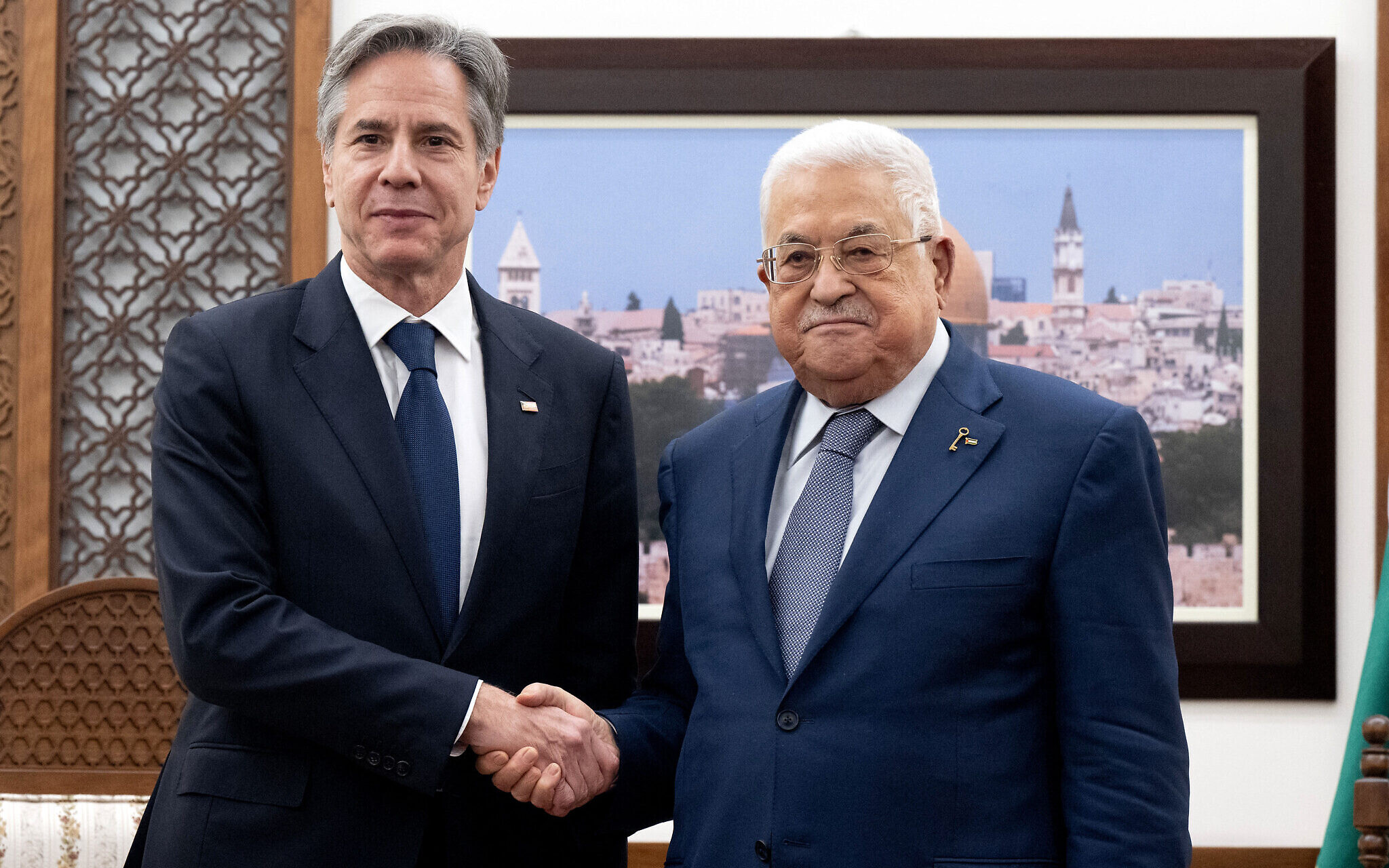What is Israel’s endgame in Gaza? Defining the future of authority
Israel’s military operation in Gaza is slightly approaching the next month with mounting casualties among top-rank Hamas commanders and fighters.
However, Israel’s frequent air raids and missile attacks on alleged Hamas targets cause immense casualties among civilian Palestinians, which triggers anti-Israeli sentiments in Western and Arab societies. Therefore, the United States has ramped up pressure on Israel to minimize civilian deaths in Gaza as Washington presses its ally to shift to a "lower intensity" war against Hamas.
US National Security Advisor Jake Sullivan made the push during talks in Tel Aviv with Prime Minister Benjamin Netanyahu and other senior officials. However, since the inception of the war, the US has become a staunch supporter of Israel, referring to its right of self-defence against terrorism threats. Nevertheless, some European countries like Spain, Italy, and the United Kingdom (UK) criticize the methods of Israeli forces carrying out military actions without taking into consideration the vulnerable group of Palestinians.

Israeli Prime Minister Benjamin Netanyahu meets with US National Security Advisor Jake Sullivan
Ironically, the US's strong support for Israel does not help to solve the harsh standoff between the Biden administration and the ultranationalist government of Prime Minister Benjamin Netanyahu. In this vein, the crisis situation in Israel is a good chance for President Joe Biden to exert more pressure on the Israeli political establishment to oust Netanyahu by initiating snap elections right after the military operation ends.
Consequently, the criticism of Netanyahu's ultranationalist government in Israel and abroad enables the US to adjust rhetoric accordingly and push the idea of a power transition in Gaza in the post-war period. Hence, Sullivan had discussed setting conditions for shifts over time from high-intensity clearing operations to lower-intensity surgical operations against Hamas remnants.
To ensure the leading role in power transition in Gaza, the US Secretary of State Anthony Blinken met with a delegation of Arab counterparts from Saudi Arabia, Qatar, Jordan, Turkey and the Palestinian Authority on December 8 to discuss the post-war Gaza situation. When the war is over, the US envision both Gaza and the West Bank being ruled by a unified government led by a “revitalized” Palestinian Authority.
Palestinian Authority President Mahmoud Abbas, who initially rebuffed the idea of the PA ruling Gaza on the heels of the Israeli offensive, has shifted his position. Nevertheless, PA’s image among ordinary Palestinians in Gaza is controversial, with Mahmud Abbas halting elections and maintaining his position for many years. Moreover, it is unclear if Israel is willing to allow the PA to take control of Gaza after the war ends. Consequently, Netanyahu's government was ready to maintain control over Gaza in the post-war period. However, such prospects are unlikely in light of the US pressure and Palestinians’ ongoing resistance. As a result, Netanyahu appeared to partly acquiesce to the US game plan, saying his country did not intend to “occupy” the strip after the end of the war.

Palestinian Authority President Mahmoud Abbas and US Secretary of State Antony Blinken
The US is cautious that Netanyahu’s ambitions could go beyond the Gaza Strip and destabilize the regional states, namely Lebanon. Meanwhile, domestic political pressures almost unheard of in Washington are continuing to build: popular opinion in the United States, particularly among Democrats, is breaking sharply against Israel. On November 8, 26 Senate Democrats and Independents signed a letter to President Biden asking pointedly whether his administration can ensure that Israeli military operations in Gaza are being “carried out in accordance with international humanitarian law.”
Despite the criticism and pressure, it seems unlikely that Netanyahu’s ultranationalist government will slow down the military operations and hold direct talks with the PA in West Bank regarding the situation in Gaza. Earlier, Israel has agreed to White House demands for short operational pauses in northern Gaza to permit humanitarian aid to enter, but these will not substantially alleviate the suffering of Palestinians throughout the Gaza Strip and do not necessarily betoken any willingness to consider a broader ceasefire.
So far, Israeli officials have hinted at a long-term plan that includes shifting to low-intensity warfare, enabling them to maintain a military presence in the Gaza Strip while conducting operations in it. Unsurprisingly, other Arab states are likewise backing away from Israel, thus increasing diplomatic pressure on Tel Aviv. Even Egypt, one of the few Arab countries that enjoyed long-term diplomatic relations with Israel, made it clear that it would not accept the mass influx of Palestinian refugees on its soil.








